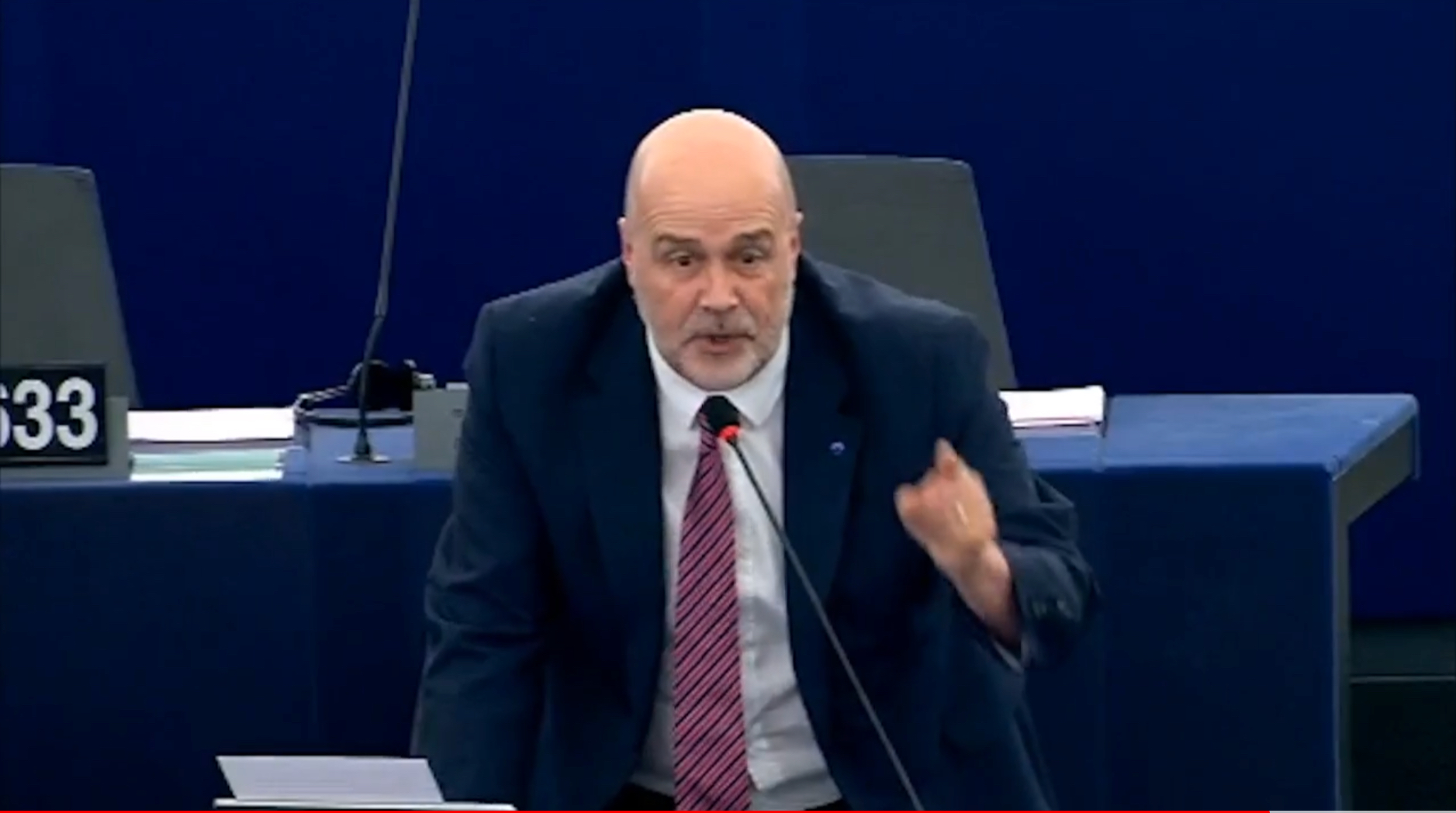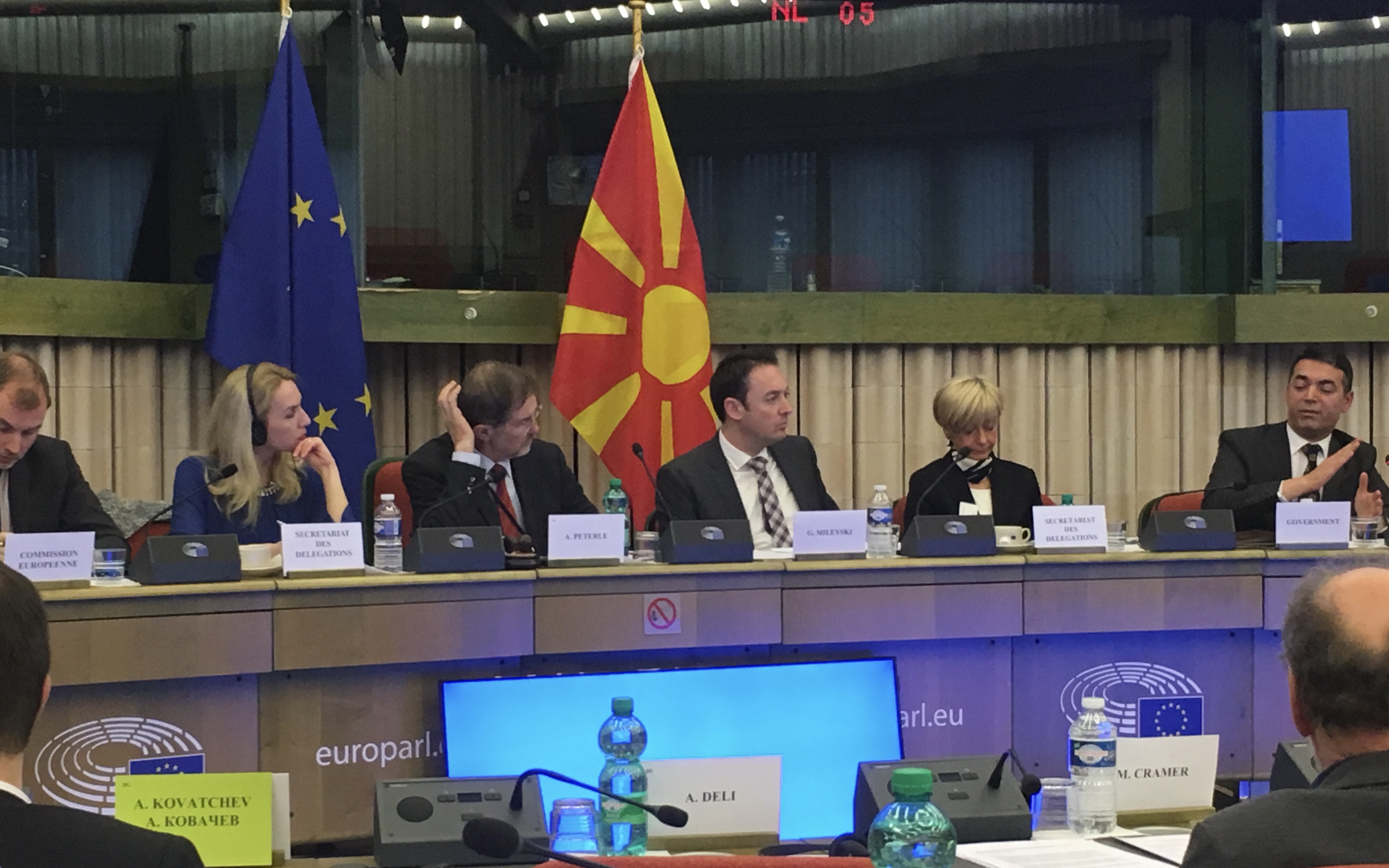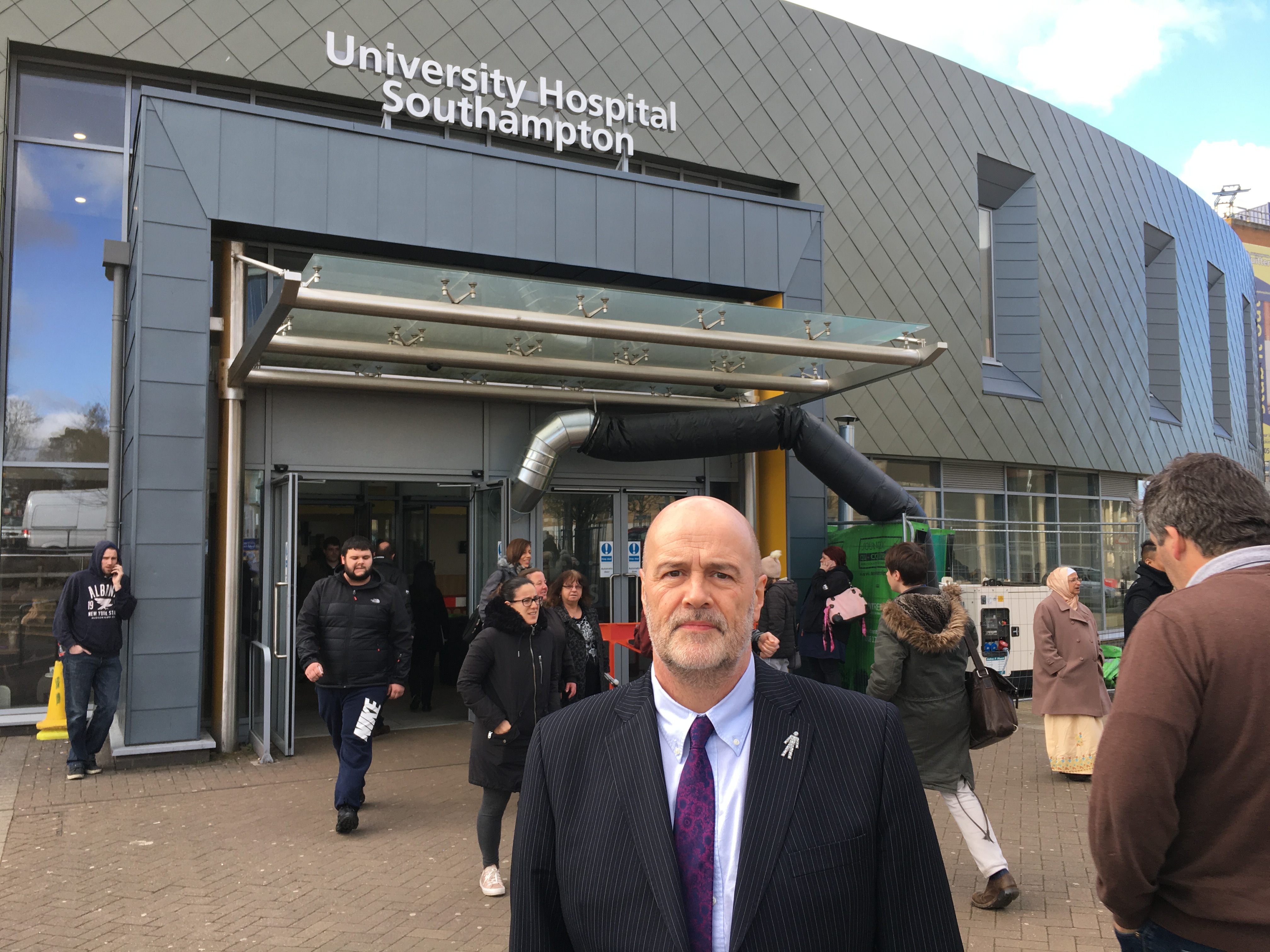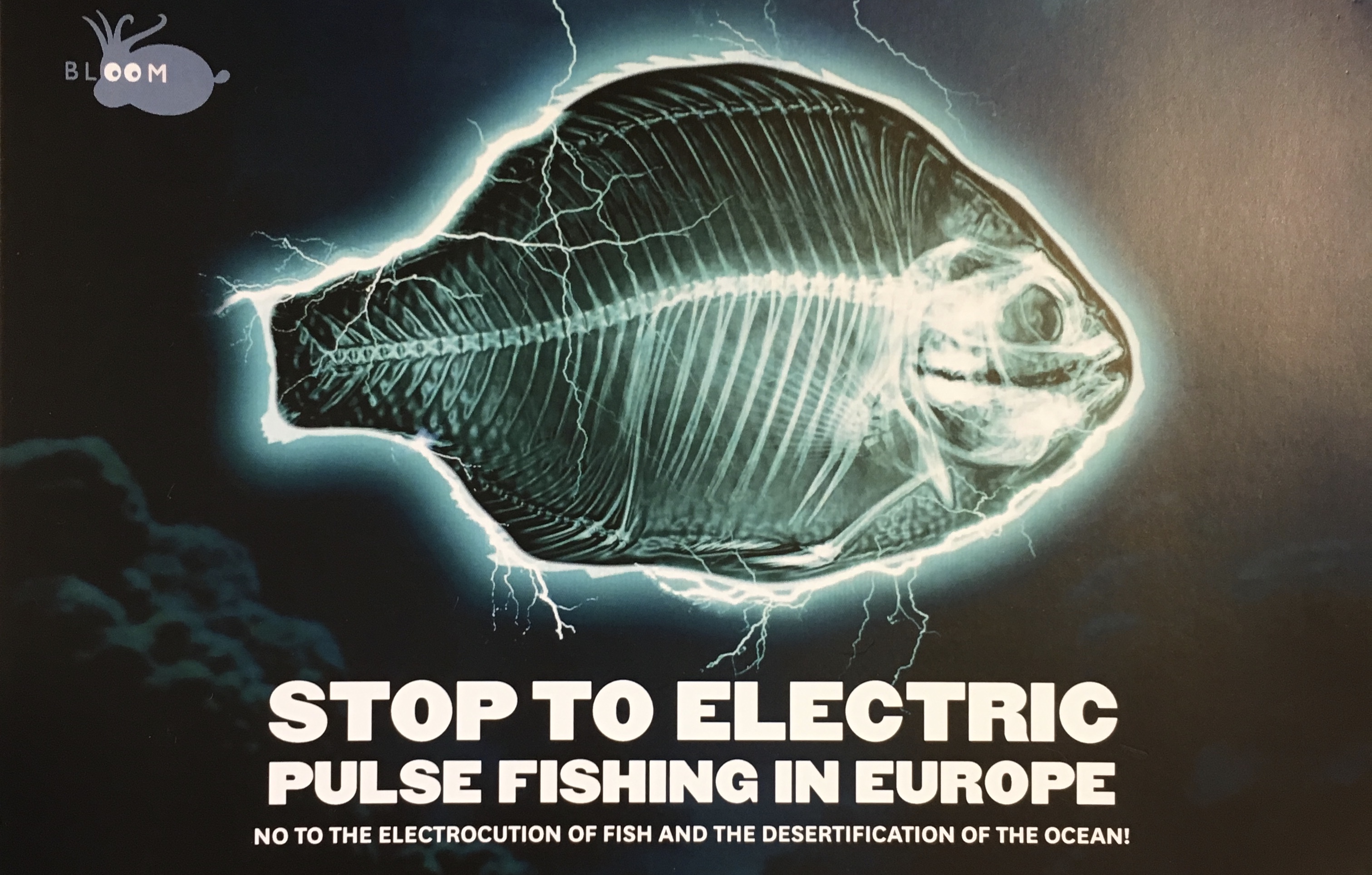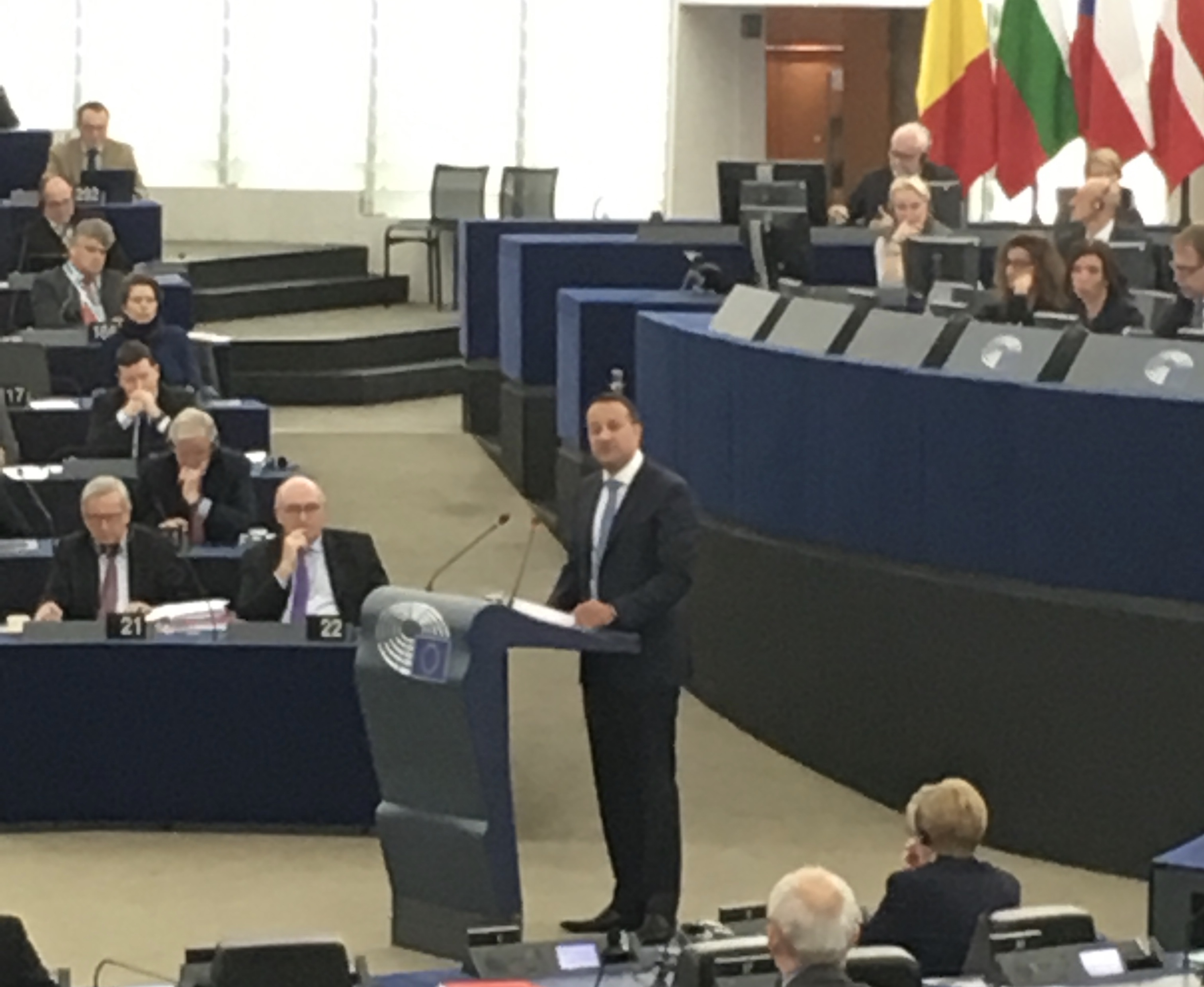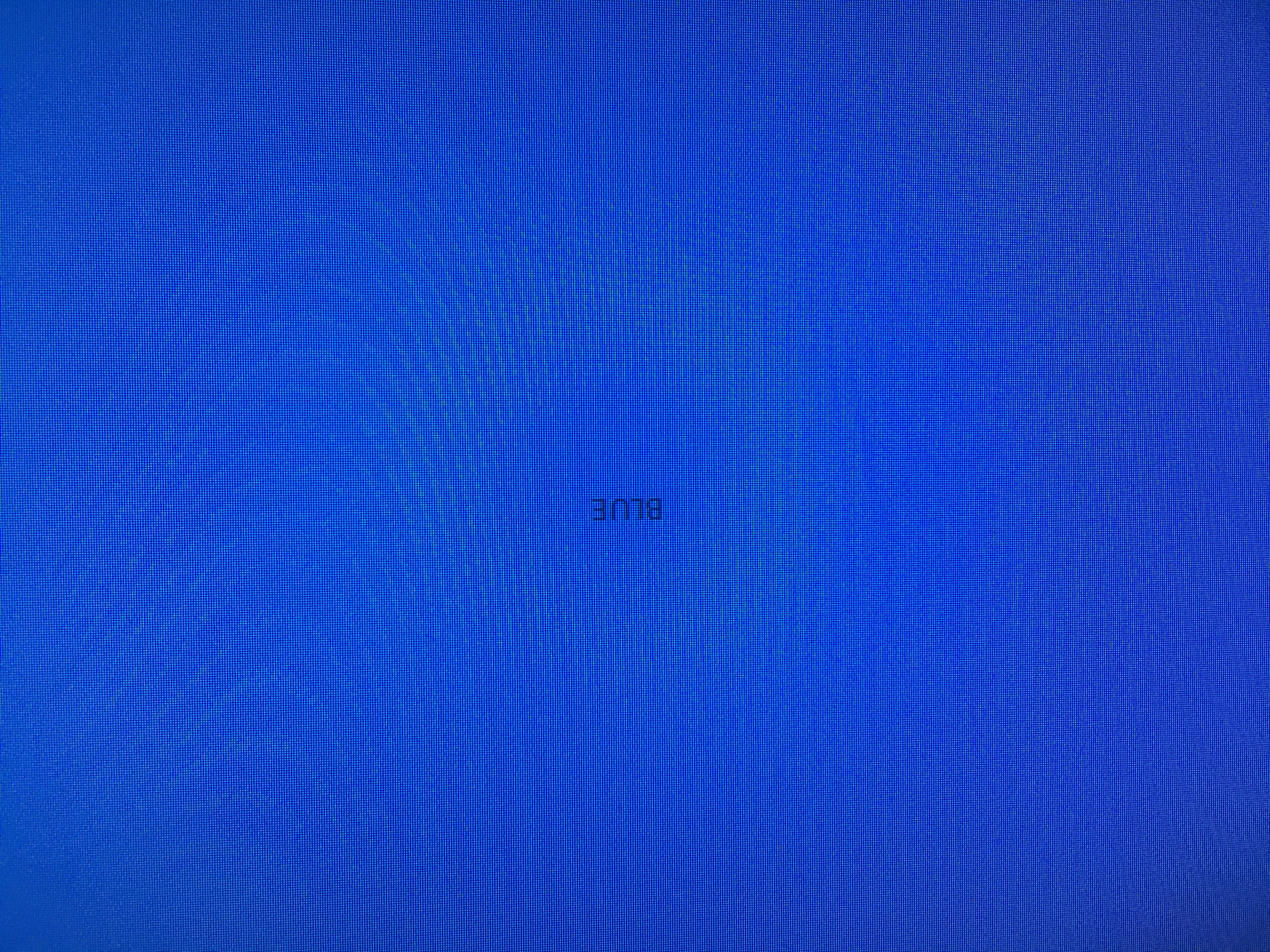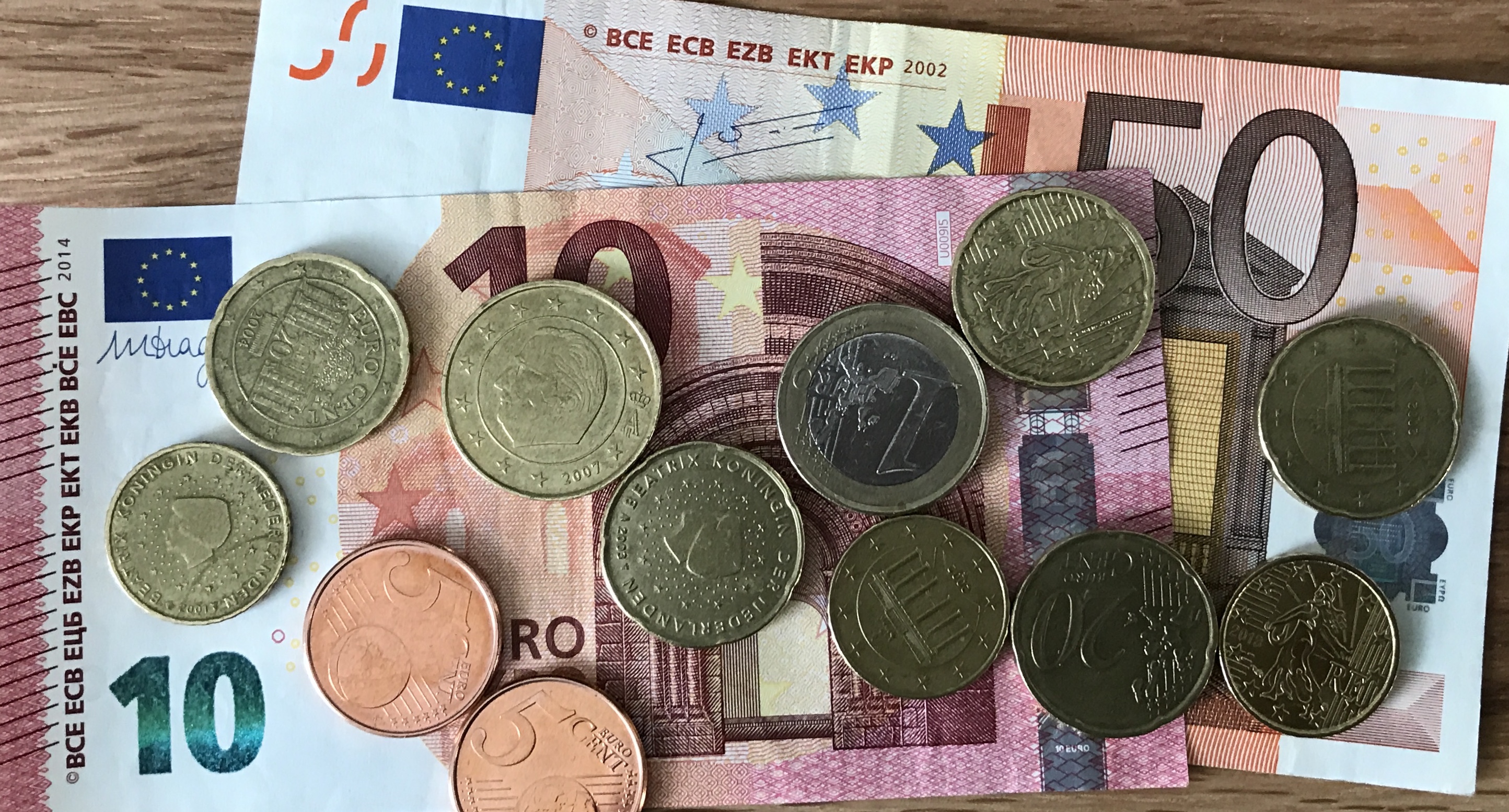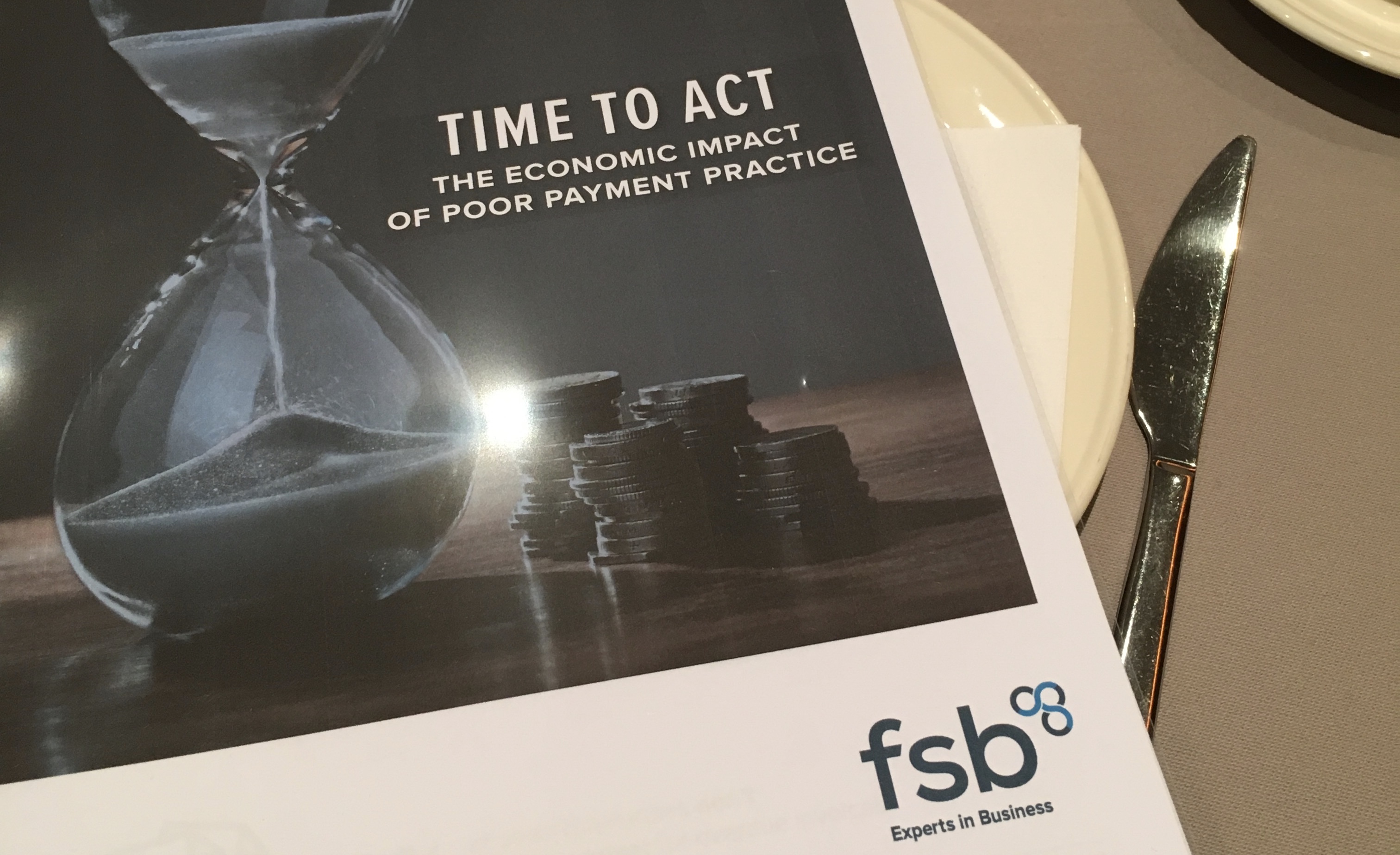MEPs take part in delegations representing the European Parliament. In John's case he is a member of the delegations for the Caribbean states (CARIFORUM) and for the Former Yugoslav Republic of Macedonia. Speaking at a meeting of the Joint Parliamentary Committee, John, a member of the National Union of Journalists, talks of the challenges facing states in seeking to enhance media freedoms alongside reforms to judicial, parliamentary and public institutions and argues that similar challenges now face long-established democracies.
President, fellow MEPs, Ministers and representatives of the Former Yugoslav Republic of Macedonia. At the outset I was to emphasise that the nature of reform to the media, while part of the same set of essential reforms to enhance freedom and democracy, are qualitatively different to reforms to the judicial process, parliament, public administration and so on. Different because they take place against a rapidly changing backdrop of technological change that has transformed the industry in my working life as a media communications professional.
The challenges facing journalists and media organisations in countries inside and outside the European Union are in many respects the very same challenges. Financial, technological and political challenges that threaten the basis of the fundamental freedoms that this Union was established to protect and enhance.
The inability of first world democracies effectively to address these challenges has become only too evident through the events that have come to pass over the last few years.
So it almost seems to me a patronising process to talk with national representatives wrestling with fundamental problems of evolving democracy and I have no desire to appear to lecture. Nonetheless to join a club there are entry requirements and standards to be met and that’s the context in which this discussion takes place. The EU regards as essential:
- Reform of the Public Service Broadcaster in order to ensure its independence and increase the quality of its reporting and overall content production
- Establishing mechanisms for transparency and accountability in regard to government advertising
- Addressing the media obstacles which journalists face in obtaining access to public information
- Revising the legislature and procedural rules related to defamation, and promotion of self-regulation and arbitration as alternative to court action
The ‘Copenhagen Dilema’, in which the European Union seeks to assure itself of standards in candidate countries and accession states while there is no real means of maintaining those standards within member states, has always been there but is an escalating dilemma given the modern media landscape.
In this context the state is far from being the only actor of critical mass that can manipulate media to the benefit of vested interests. The same tools of disinformation are available to major corporations, to well funding interest groups and to rival states. While the techniques of disinformation have always existed their channels of influence on the population have been a great deal fewer and less direct.
In the end, however, the channels offered by new media technology are just channels - they be either can be channels of free expression or channels of control. The challenge for this Union and democratic states it to ensure they are the former.
I don’t often agree with the Australian/US media magnate Rupert Murdoch, particularly in view of the approach of his outlets toward the European Union and the UK’s membership, but he was absolutely right when he said that “professional journalism is not free, it has to be paid for”. To extend that, neither is a free media in a free society without cost.
Advertisers, if they can find a more direct route to consumers and decision makers through more cost-effective technologies, will take it. Consumers, if they can gain information in a more-timely and more cost-effective manner will take that route. Viewers who can watch programmes at their convenience and not at that of schedule managers will choose to do so.
All this adds up to declining profitability for print media and new formations for broadcast media, both of which mean fewer journalists, less investigative reporting - which is expensive and news that is harder to verify as factual. When coupled with an environment where immediacy is everything all this adds up to less professional, less reliable news.
This is the market context in which journalism and the media now operates but in which progress on issues of media freedom must nonetheless take place.
Progress there has been. The civil society organisation, the Observatory of Media Reforms, is monitoring the implementation of the 3-6-9 Plan re the reform of the media. They issued a periodical report in November that announced that the Macedonian Government has on the public broadcasting service, government advertising and access to information “partially fulfilled its obligations”. Unfortunately, on defamation, there has been no revision of the legislation at all, and the OBR believe that this is still “completely unfulfilled.” So while we welcome the progress that has been made on media freedoms within the Former Yugoslav Republic of Macedonia we note the further progress to which we must all turn our minds.
State funded public broadcasting, able to compete effectively in the modern context I have outlined, remains an essential element of a free media - in fact I would argue it is more important than ever as a trusted sources on which populations can rely. In this respect establishing funding and regulatory frameworks which put publically funded broadcasters at arm’s length from the state and maintain and enhance journalistic independence are more essential than ever.
Equally, ensuring real balance, real choice and trustworthy journalistic standards in broadcasting networks, maintaining diversity of ownership and ensuring that output reflects cultural diversity will remain the challenge for all broadcasting regulators.
But possible the most important element of all is that journalists are able to operate freely and without fear; are able to challenge powerful interests without attack, are protected by the forces of the state and that those who would intimidated and coerce reporters are held to account. The acid test of this is when prosecutions take place and such attacks are eliminated.
The ability of all forms of journalism to operate effectively independent of pressures brought by political interests, in particular those holding the reins of state power will only remain possible if journalism is effectively funded so that publishers are able to withstand external pressure and financial leverage.
These things, as I have said, are not just a challenge for candidate countries and accession states. The European Union was established to maintain peace and enhance freedom. To continue to carry out that mission in the future this Union will have to give serious thought to how media freedom and journalistic integrity is safeguarded in a changing world where surpa-national powers are able to outgun the legal frameworks of all but the very largest nation states.
I look forward to the point where the Former Yugoslav Republic of Macedonia joins us in meeting that challenge.

